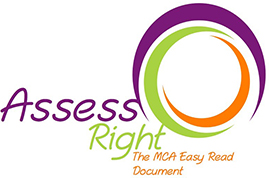Overview
A lasting power of attorney (“LPA”) is a legal document that lets you appoint one or more people (known as ‘attorneys’) to help you make decisions or make decisions on your behalf. You can have an LPA for property and finances and health and welfare.
The LPA is completed while you have mental capacity. It can be used after registration unless it includes a restriction so it can not be used until you have lost capacity.
It gives you more control over what happens to you if, for example, you have an accident or an illness and can’t make decisions at the time they need to be made (you ‘lack mental capacity’). In those cases your attorney can act on your behalf.
You must be 18 or over and have mental capacity – the ability to make your own decisions – when you make your LPA.
You can have an LPA for the following:
- Health and welfare
- Property and financial affairs
You can choose to make one type or both.
An attorney can make decisions about property and financial affairs as soon as you give them permission, but decisions about health and welfare can only be made on your behalf if you do not have mental capacity to do so yourself.
Learn more
Find out more about lasting powers of attorney on the Gov.uk website or at NHS Choices.
Guidance for people who want to make a lasting power of attorney for property and financial affairs published by the Office of the Public Guardian.
Last reviewed: 20/06/2018


